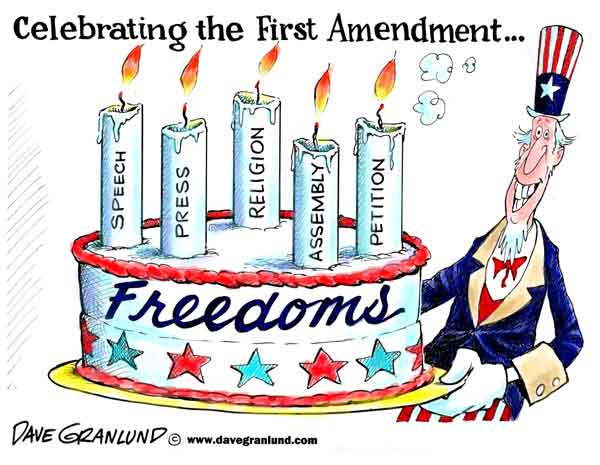In honor of the Women’s March, which occurred this weekend, I thought it would be appropriate this week to cover some of the incredible English idioms based around marching and protesting.
Here are some that I found interesting and usable in current speaking and writing.

March to the beat of a different drummer means to do things one own way, often in an unorthodox manner. This could come from marching bands whose members all follow in time and in step to the drum beat. If you are marching to a different beat, then you might be out of step with the others around you. This is often used to express originality of action.
For example, great poets often march to the beat of a different drummer.
Get one’s marching orders mean to be required to do something. This probably comes from the military and idea that soldiers go and do what they’re told by the brass. Thus, they get there marching orders. This might be used when telling somewhat what to do.
For example, Mrs. C gave us our marching orders and told us to get in to the Language Lab to practice the grammar!


A ripple of protest is a quiet or subdued protest. This brings to mind the ripple of the wind on a pond. It’s visible but subtle.
For example, with a ripple of protest, I wear a safety pin to symbolize the inclusive nature of my classroom and my America.
These idioms have the similar meaning, which is to upset, change, or influence an existing situation,
Rock the Boat
Upset the Apple Cart
Challenge Status Quo
while these three similar phrases mean to object loudly to something.
Kick Up a Fuss
Yell Bloody Murder
To take a stand means to adopt a position usually for or against something.
For example, he took a stand against inequality by attending a protest for equal rights.


To stand up for means to defend something or someone usually against something or someone else.
For example, she stood up for the rights of others by voting for the new law.
How then can all of these distinct idioms be used in context? Usually, they would be sprinkled throughout regular conversation. For example, someone might ask why you are doing a particular action and you might reply, I march to the beat of a different drummer.
Rarely, would they be used in excess as they are in the example that follows. Nonetheless, for fun, let’s consider some of them in the context of what happened this weekend on the Women’s March.
In the United States, personal freedoms allow one to march to the beat of a different drummer if so desired. Sometimes, however, people do come together in unison to challenge the status quo through peaceful protest. One day in January 2017, a legion of individuals, not only in America but around the entire world, decided to rock the boat and kick up a fuss by taking a stand for what they believed was right. They were no longer content with just a ripple of protest about inequality, misogyny, and racism. Hence, they decided to stand up for equal rights for all people regardless of ethnicity, gender, or sexual orientation. They gave themselves marching orders and set out to upset the apple cart by making their voices heard.
The more language you know,
the more precisely you can express your ideas!



























